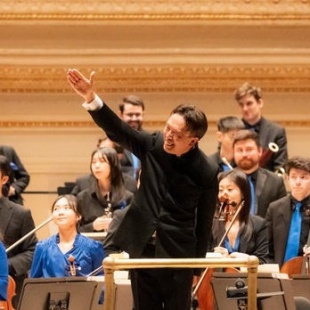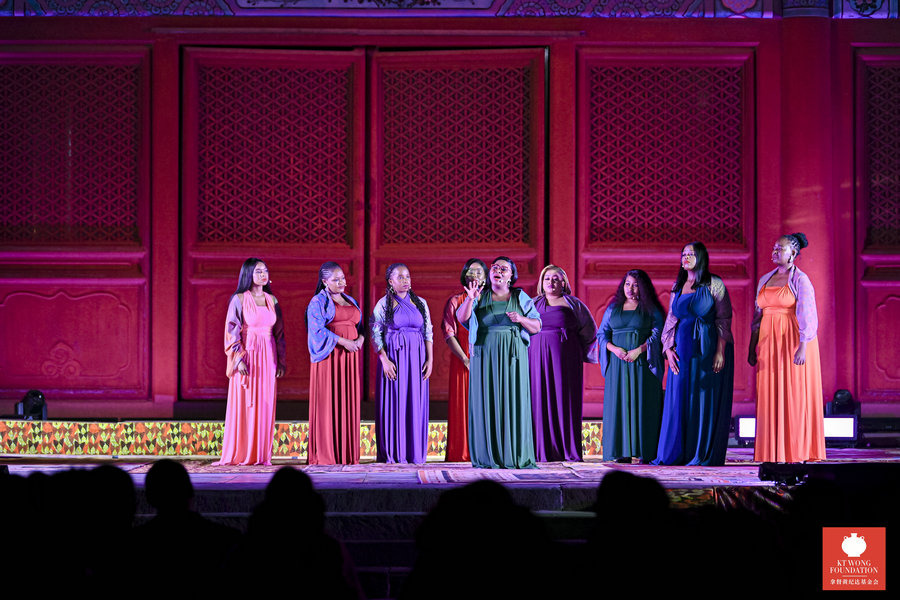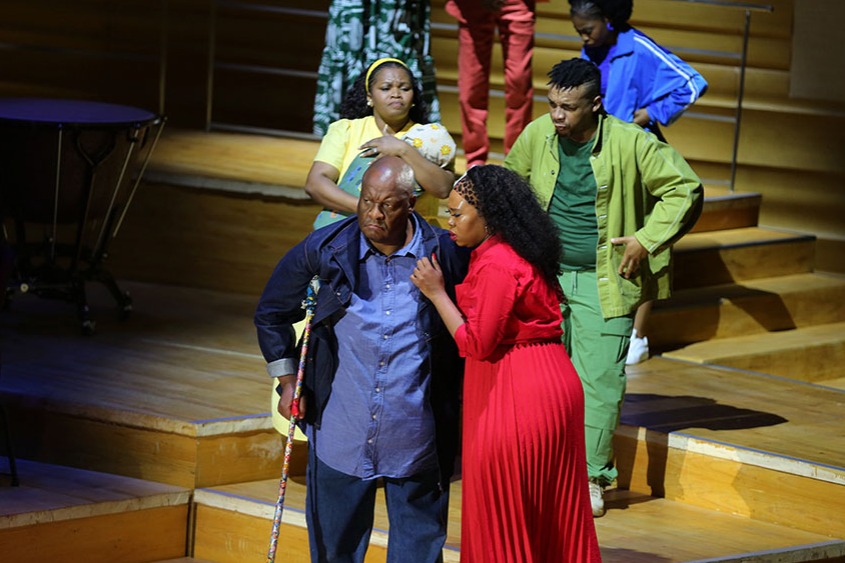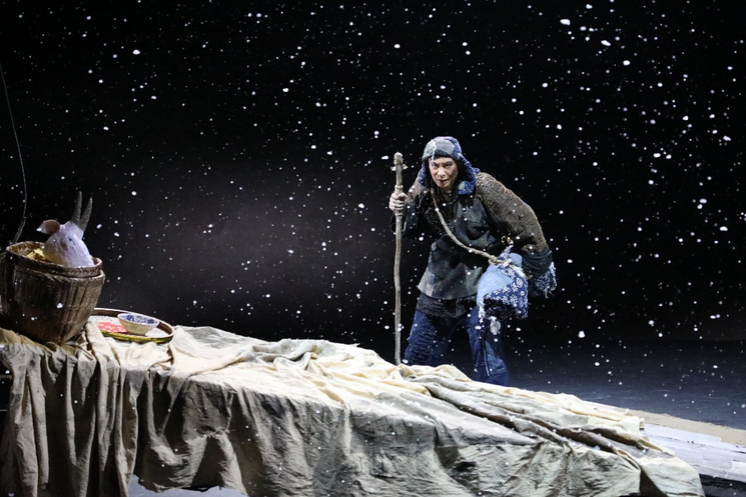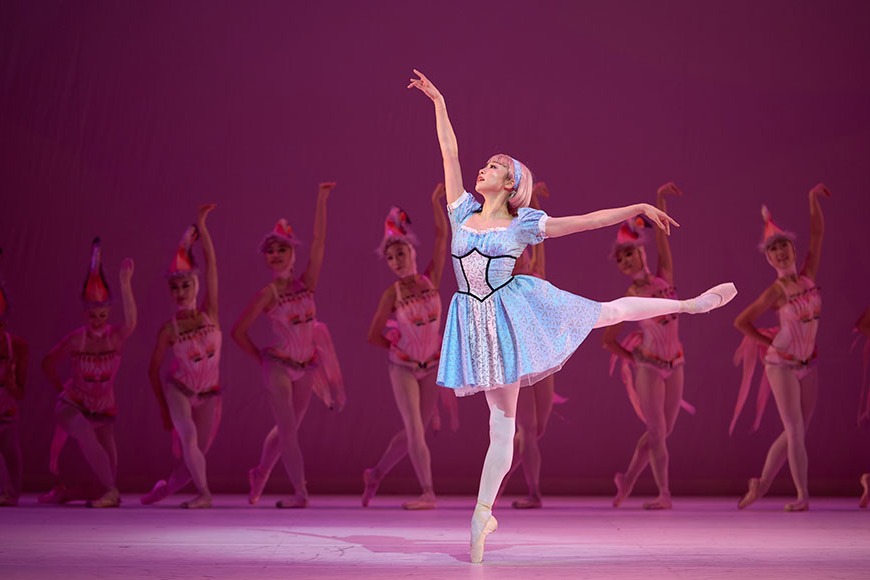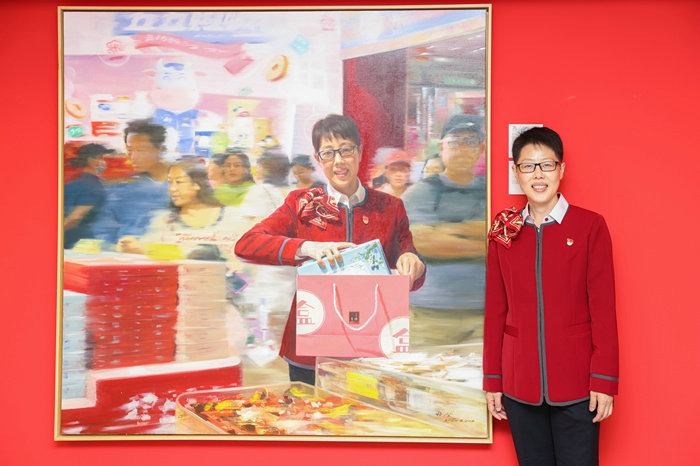At Carnegie Hall, AI-backed music's possibilities take stage


Sun said that the collaboration between AI programming and musical composition brings a new dimension, allowing artificial intelligence to be woven throughout the creative process — from brainstorming and concept development to arranging instrumentation, refining and editing.
Sun's "instruments" — his laptop and mouse — allowed him to precisely control pitch, note duration, rhythm and sound location simultaneously.
And when Cai — the director of the US-China Music Institute and Bard College Conservatory of Music in Annandale-on-Hudson, New York — raised his hand to various levels, AI technology was used to simulate different instrument sounds, interpreting the movements through skeletal recognition software.
The CCOM also created an "Artificial Intelligence Composition System", featuring two pieces: Overture: Welcome and A Thousand Miles of Rivers and Mountains.
Li Xiaobing, the director of the Department of Music Artificial Intelligence and Music Information Technology at the CCOM, told the media at a pre-concert panel discussion that CCOM has a leading position in AI-driven music making and research.
"Creative endeavors drive the evolution of art, and artificial intelligence similarly propels creativity forward," he said. Li said he would try to bring a "robot conductor" to New York so that it could not only keep up with the speed and rhythm of human performers but also provide real-time cues and even imitate the styles of different conductors.
"We don't know what the future holds for AI technology with music — it might reach an ideal state or even surpass our expectations," he said.


